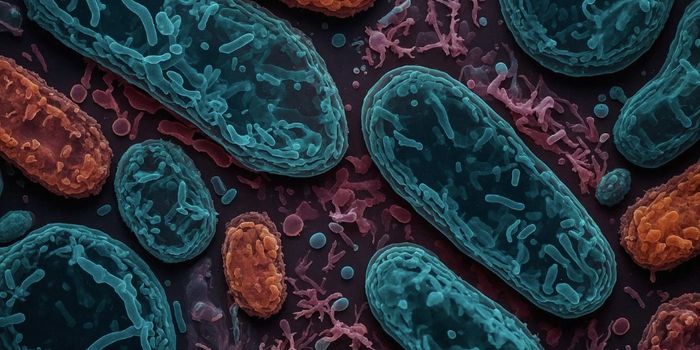Moderate-Vigorous Exercise Boosts Antibody Therapy for Leukemia

Chronic lymphocytic leukemia (CLL) is a type of blood cancer in which the bone marrow overproduces a type of white blood cell known as lymphocytes. It is among the most common types of leukemia in adults and often occurs during or after middle age.
Rituximab is a monoclonal antibody therapy that is commonly used to treat CLL. It works by attaching itself to a protein on the surface of cancer cells so that immune cells called 'natural killer cells' can identify and attack them. In the current study, researchers investigated whether bouts of exercise can improve Rituximab's ability to kill cancer cells.
To do so, they recruited 20 people aged between 45 and 82 years old who were diagnosed with CLL but had not yet started treatment. The researchers asked the participants to cycle for 30 minutes at moderate-to-vigorous intensity, and collected blood samples before, immediately after, and an hour after the exercise.
Ultimately, they found that natural killer cell numbers in the blood increased by 254% after exercise. Cancer cell numbers also increased by 67% following exercise.
Later, the team observed the natural killer cells in close contact with cancer cells for two hours ex vivo with and without Rituximab. In the presence of the drug and immediately after exercise, natural killer cells were over twice as effective at killing cancer cells than before exercise.
"Cancer cells often try to 'hide' in the body but it seems that exercise works to move them out into the bloodstream, where they are vulnerable to the antibody therapy and the killing capabilities of natural killer cells,” said senior author of the study, Dr John Campbell, from the University of Bath in a press release.
Caroline Geraghty, Senior Specialist Information Nurse at Cancer Research UK, not involved in the study, said in the press release: "This study adds to a growing body of evidence showing that exercise can be helpful before, during and after cancer treatment. We know that being physically active before and after treatment can help cancer patients cope better with treatment, aid recovery and improve mental wellbeing. It is interesting to see that exercise could also improve the efficacy of treatment for some types of blood cancer, although more research in a larger group of patients is needed."
Sources: Science Daily, Brain, Behavior and Immunity








